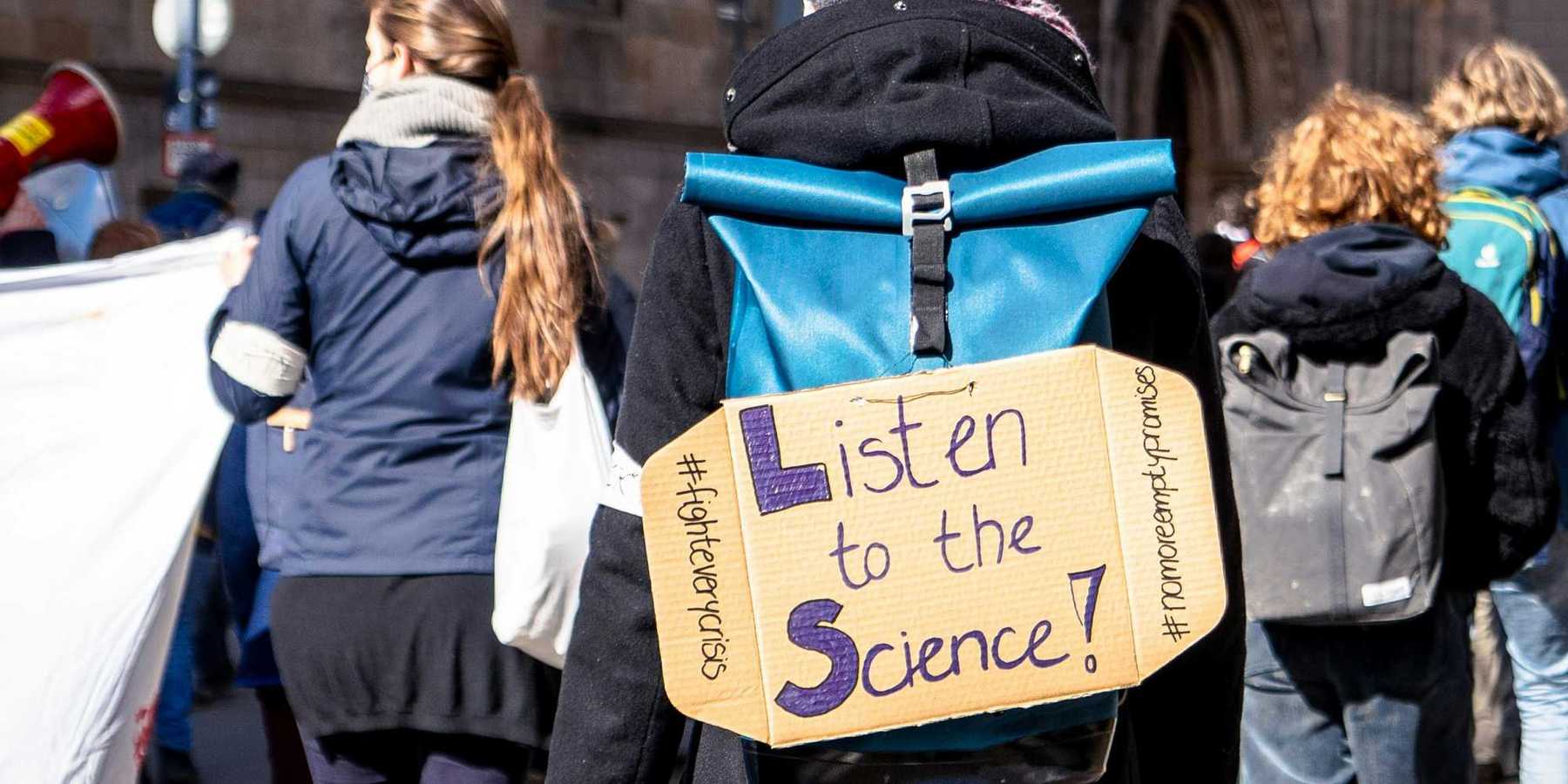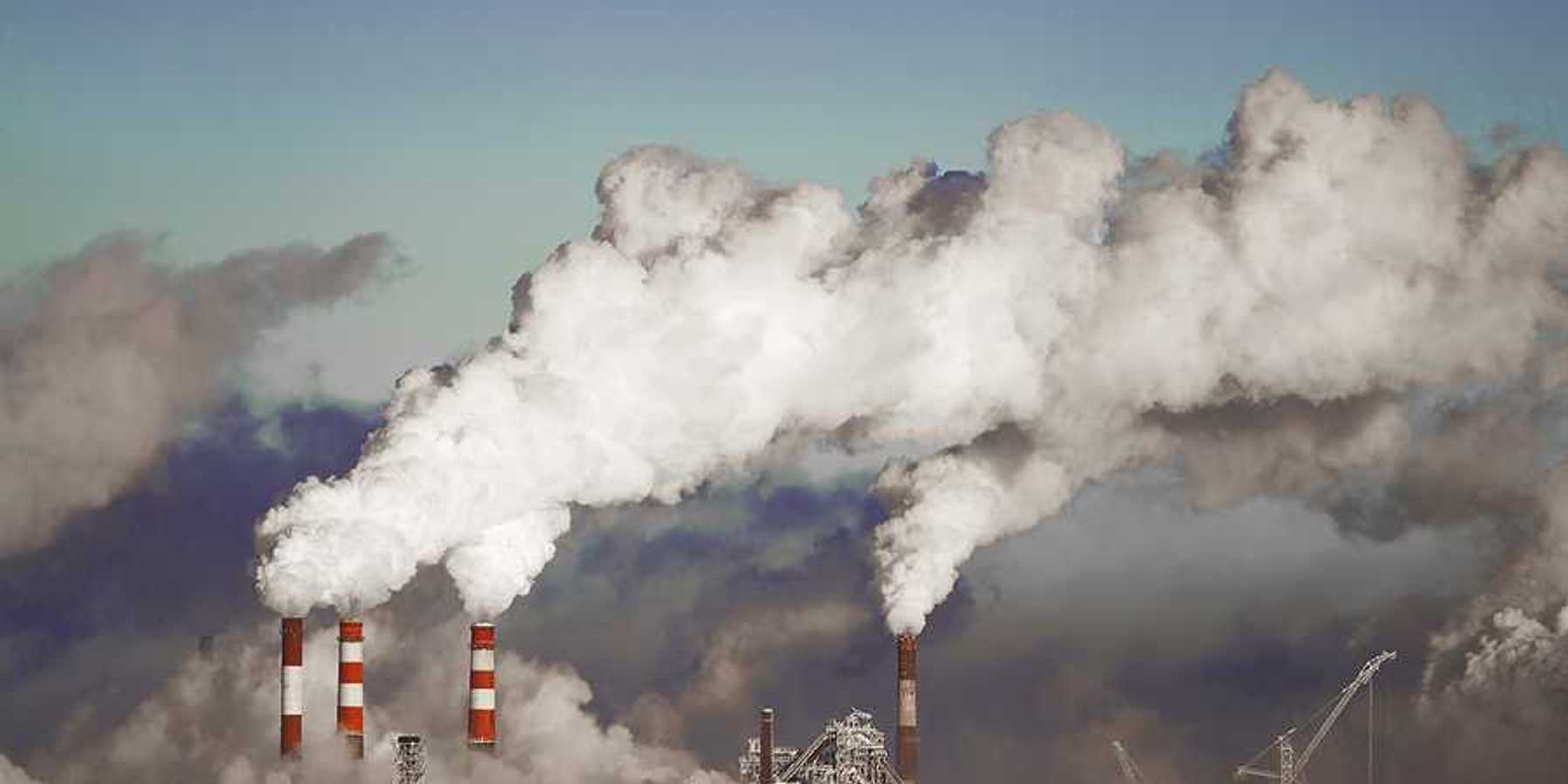20 February 2024
Navajo Nation gains ground in energy sovereignty as feds deny hydro project permits
Federal authorities have denied permits for hydroelectric projects on Navajo land, marking a significant step in recognizing tribal sovereignty in energy projects.
Noel Lyn Smith and Wyatt Myskow report for Inside Climate News.
In short:
- The Federal Energy Regulatory Commission's new policy requires tribal consent for energy projects on tribal lands, leading to the denial of permits for hydroelectric projects on Navajo Nation territory.
- The Navajo Nation, along with environmental groups, opposed these projects due to concerns about water usage and impacts on cultural sites and endangered species.
- This decision reflects a growing awareness of the environmental and cultural impacts of hydropower, as well as the importance of tribal consultation in energy development.
Key quote:
“Water scarcity is a simple fact of our region … their failure to see that caused them to run headlong into the problem of aridity.”
— Taylor McKinnon, the Southwest director for the Center for Biological Diversity
Why this matters:
This development speaks to inclusive decision-making processes that respect both the environment and the rights of Indigenous communities.
LISTEN: What would a just energy transition look like for US tribes?













